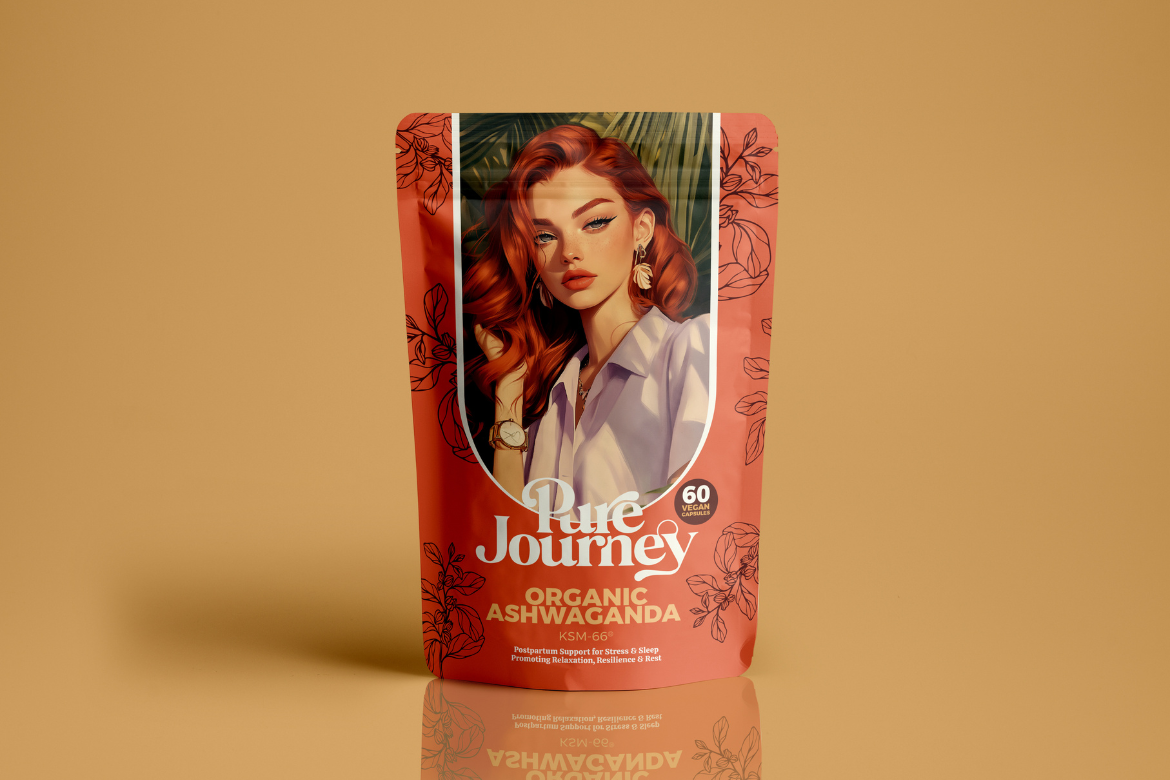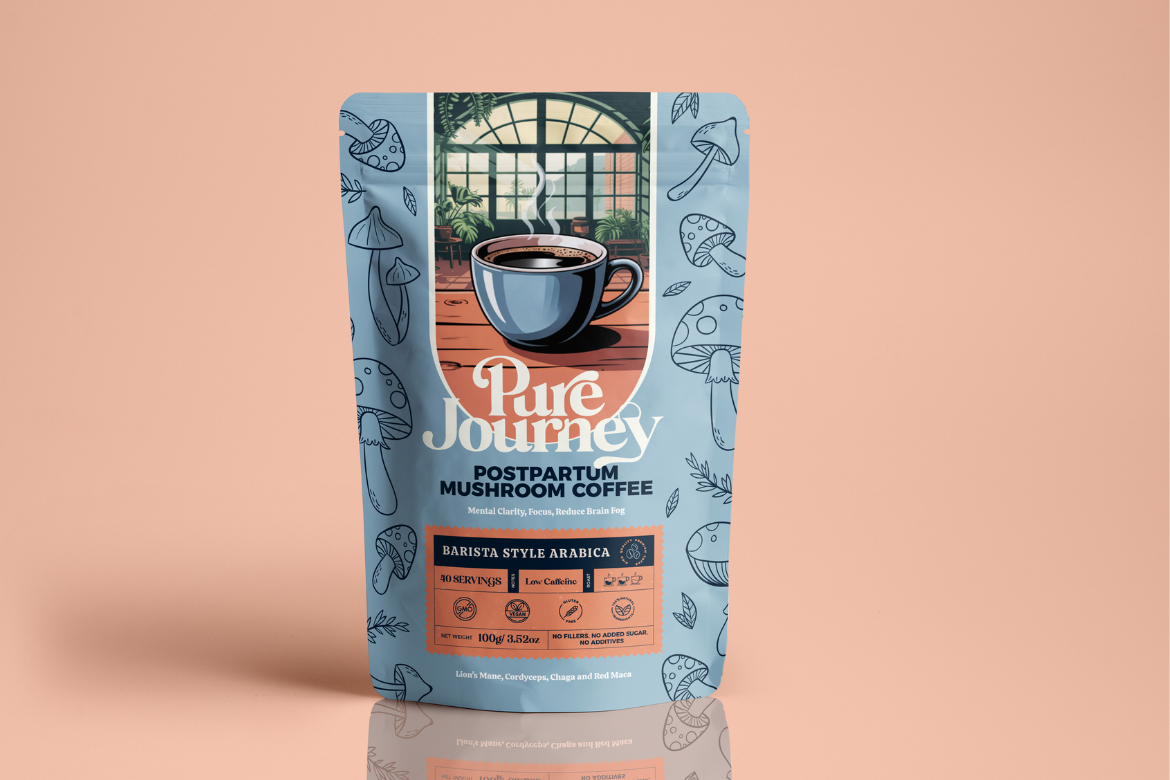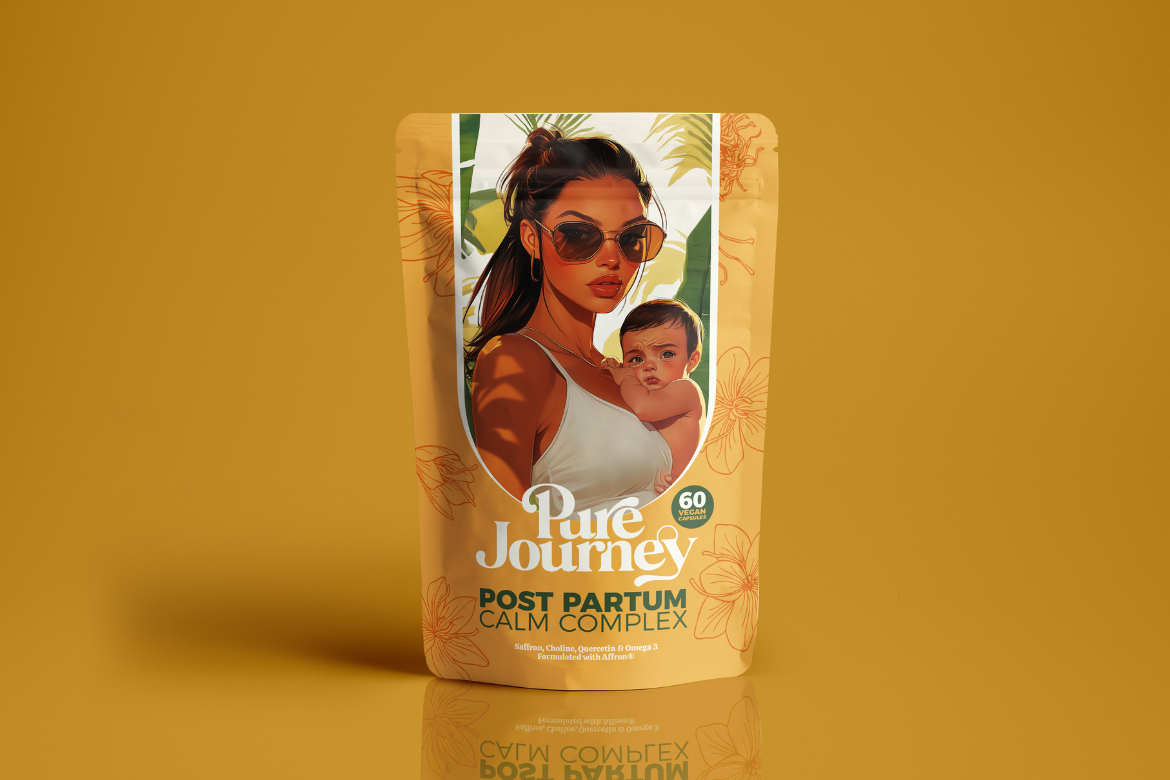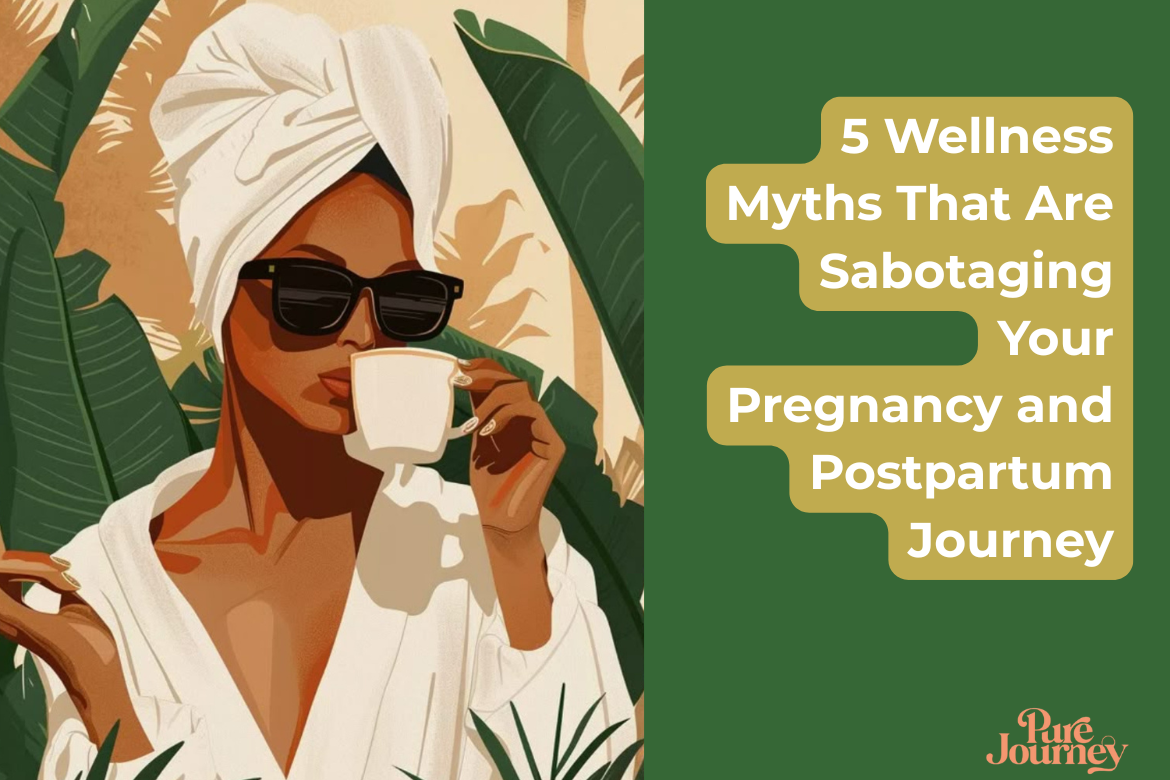Let’s bust the biggest misconceptions that are keeping mums from feeling their best
If you’re pregnant or navigating life with a new baby, you’ve probably been bombarded with wellness advice from every direction. Your mum, your neighbour, that woman at the coffee shop – everyone seems to have an opinion about what you should and shouldn’t be doing for your health.
But here’s the thing: much of what we’re told about wellness during pregnancy and postpartum is outdated, oversimplified or just plain wrong. These myths aren’t just annoying, they’re actively preventing you from getting the support you actually need.
Let’s set the record straight on the biggest wellness myths that are doing more harm than good.
Myth #1: “Natural Always Means Safe”
The reality: Just because something grows in the ground doesn’t mean it’s automatically safe during pregnancy or breastfeeding.
This myth is particularly dangerous because it can lead to taking herbs, supplements or treatments that haven’t been properly tested for safety during these crucial periods. Some “natural” ingredients can interfere with hormones, affect milk supply or even harm your developing baby.
What you need to know: Always look for products that have been specifically formulated and tested for pregnancy and postpartum use. Reputable wellness companies will clearly state their safety testing and provide scientific backing for their ingredients. They’ll also be transparent about when products are suitable – for example, ingredients like KSM-66® Ashwagandha have been clinically studied, but responsible companies will recommend them for postpartum use rather than during pregnancy, when you need that extra support for relaxation and better sleep during those exhausting early months.

Myth #2: “You Should Be Glowing and Energetic Throughout Pregnancy”
The reality: Pregnancy exhaustion is real, normal and nothing to be ashamed of – and postpartum brain fog is just as common.
Social media has created this image of the “glowing” pregnant woman who’s got it all together, but the truth is that growing a human is incredibly demanding on your body. Many women experience fatigue, brain fog and mood changes during pregnancy – and these challenges often continue postpartum when sleep deprivation and hormonal changes can leave you feeling mentally foggy and unfocused.
What you need to know: Instead of pushing through exhaustion, focus on targeted support for each stage. During pregnancy, gentle support like our Stretch Mark Gel can help you feel more confident in your changing body. For postpartum mental clarity, look for products specifically designed to combat brain fog, like mushroom coffee blends with Lion’s Mane that can support cognitive function and focus when you’re dealing with the mental demands of new motherhood. The key is working with your body’s changes at each stage, not against them.

Myth #3: “Postpartum Recovery Should Only Take 6 Weeks”
The reality: Your body needs much longer than 6 weeks to recover from pregnancy and childbirth – c-section or natural.
This myth puts enormous pressure on new mums to “bounce back” quickly, often leading to neglecting proper nutrition, rest and mental health support during a critical recovery period.
What you need to know: True postpartum recovery can take 12-18 months or longer. Your body has been through a marathon, not a sprint. Focus on gentle, sustained support rather than quick fixes. This might include targeted nutrition for hair regrowth (postpartum hair loss is incredibly common), mood support supplements like our Post Partum Calm Complex and products specifically formulated for the extended postpartum period.

Myth #4: “Expensive Means Better Quality”
The reality: Price doesn’t always reflect quality, especially in the wellness industry.
Many wellness companies inflate prices with fancy packaging or marketing claims rather than investing in quality ingredients or proper testing. On the flip side, some genuinely high-quality products might seem expensive but offer better value when you consider the research, testing and ethical sourcing behind them.
What you need to know: Look beyond the price tag. Check for:
- Third-party testing certificates
- Clinical research backing the ingredients
- Transparent sourcing information
- Clear dosage information
- Proper regulatory compliance
A £15 supplement with no testing might actually cost you more in the long run than a £30 supplement that’s been properly formulated and tested.











